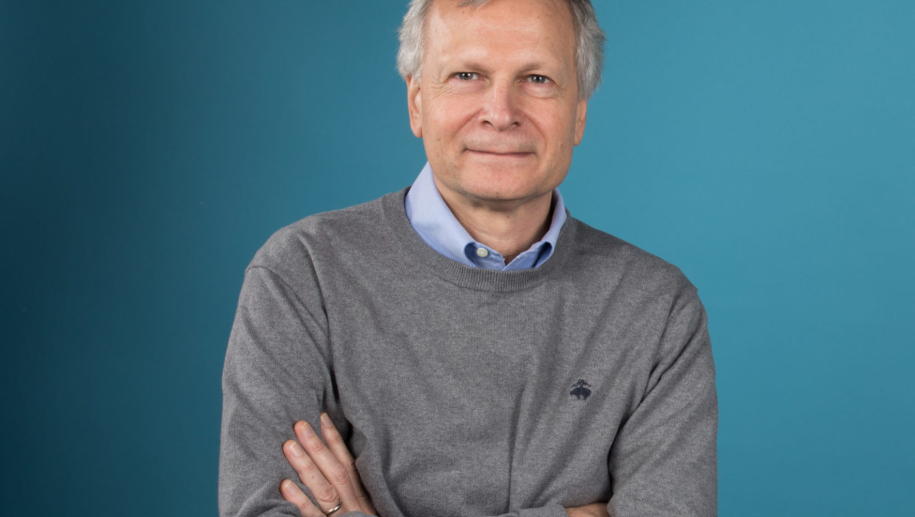NEW PARADIGM
Harvard Economist Dani Rodrik Calls for New Economic Paradigm
Market fundamentalism cannot solve today's most pressing problems, says Dani Rodrik in an interview with Handelsblatt. The same holds true for Germany's ordoliberal fiscal policy. Instead, he sees signs of a paradigm shift.
BY
SONJA HENNENPUBLISHED
12. NOVEMBER 2021READING TIME
1 MIN
The Corona crisis is intensifying and changing the economic policy debate. From free trade to the rate of inflation, debt and industrial policy, old beliefs are being called into question. Increasingly, even the ordoliberal ideas of German fiscal policy are coming under fire. Most recently, Nobel laureate of economics Joseph Stiglitz spoke out against a German finance minister, Christian Lindner.
Dani Rodrik is now voicing even more fundamental criticism: In an interview with Handelsblatt, the Harvard economist calls for a completely new economic policy. This should be more strongly oriented toward growth and employment. For Europe, he calls for more flexible debt rules and warns against premature interest rate hikes. Market fundamentalism and far-reaching globalization cannot solve the current problems. Instead, a changed economic policy should pragmatically look for concrete solutions.
Rodrik sees the pillars of such a new economic policy paradigm in the emphasis on employee interests over the interests of companies and capital owners, greater acceptance of economic intervention by the state and a willingness to accept higher inflation risks in order to facilitate more growth and employment. Moreover, fewer and fewer economists believed in the self-healing power of markets. The language of economic policy is changing on both the right and the left. Enough signals for Rodrik to speak of a policy and even paradigm shift.
In particular, the debate around fiscal policy has changed dramatically, according to Rodrik.
"The consensus today is that the fiscal straitjacket of the Maastricht Treaty is no longer helpful."
In the U.S., he says, people have already come to see expansionary fiscal policy as an important driver of innovation and productivity gains. Instead of the classic “crowding-out effect” of private investment, there is evidence of “crowding-in,” i.e., that an expansive government demand policy can stimulate additional private investment.
You can read the entire interview here (note: paywall).
